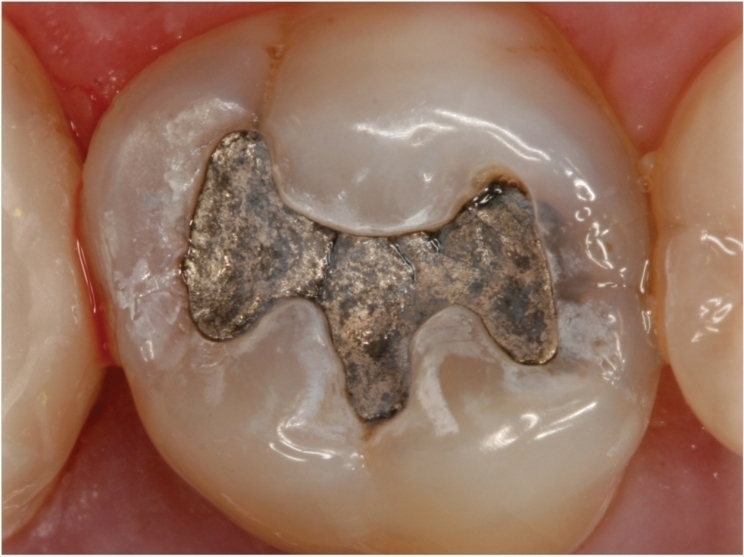
Three national nonprofit groups have petitioned the Federal Trade Commission to investigate the Maine Board of Dental Practice for antitrust violations. According to the petition, the board refuses to enforce the state’s fact sheet law. As a result, the groups say, some dentists who still use dental amalgam are withholding information from patients about amalgam’s mercury content.
Consumers for Dental Choice, the Organic Consumers Association, and the Mercury Policy Project state in their petition that the board engages in a variety of actions to evade enforcing the state law requiring every dentist who uses amalgam to give patients a state-approved fact sheet.
For example, the groups say that the board advises dentists that compliance with the mandate is optional. The groups also accuse the board of holding a secret vote to ally with the Maine Dental Association to defeat a state law that would shift MaineCare to mercury-free dentistry.
Further, the groups say, the dental board has proposed a rule regarding disclosure, but it fails to mention the Maine fact sheet law or the official fact sheet, which was written by Dora Mills, who was director of health at the time.
“The Maine Dental Board is not above the law,” said Katherine Paul of the Organic Consumers Association. “As with any other state agency, the board must support, enforce, and adhere to the law. If this board doesn’t want to fulfill its duty, Maine’s governor should appoint a new dental board.”
“The behavior of the Maine dental board raises serious antitrust questions because the board is protecting the income of the pro-mercury dentists,” said Charles Brown of Consumers for Dental Choice. “This board must redirect its loyalty from protecting sales of amalgam to protecting Maine’s families and consumers.”
“Dental amalgam is a major mercury pollution source worldwide resulting from its continuing use in Maine and elsewhere,” said Michael Bender of the Mercury Policy Project. “Consumers must be told that amalgam is mainly mercury, but also that there are nonmercury alternatives available that work just as well or better.”
The petitioners additionally note that use of the term “silver fillings” instead of “amalgam” deceives patients.
The ADA considers dental amalgam to be a safe, affordable, and durable material that has been studied and reviewed extensively with an established record of safety and effectiveness. The FDI World Dental Federation and the World Health Organization also have concluded that amalgam restorations have not produced an adverse health effects.
Related Articles
FDA Panel to Discuss Amalgam and Medical Implant Metals
Improved Safety Measures Sought for Amalgam Filling Removal
Four European Nations Introduce Provisions to Phase Out Dental Amalgam











